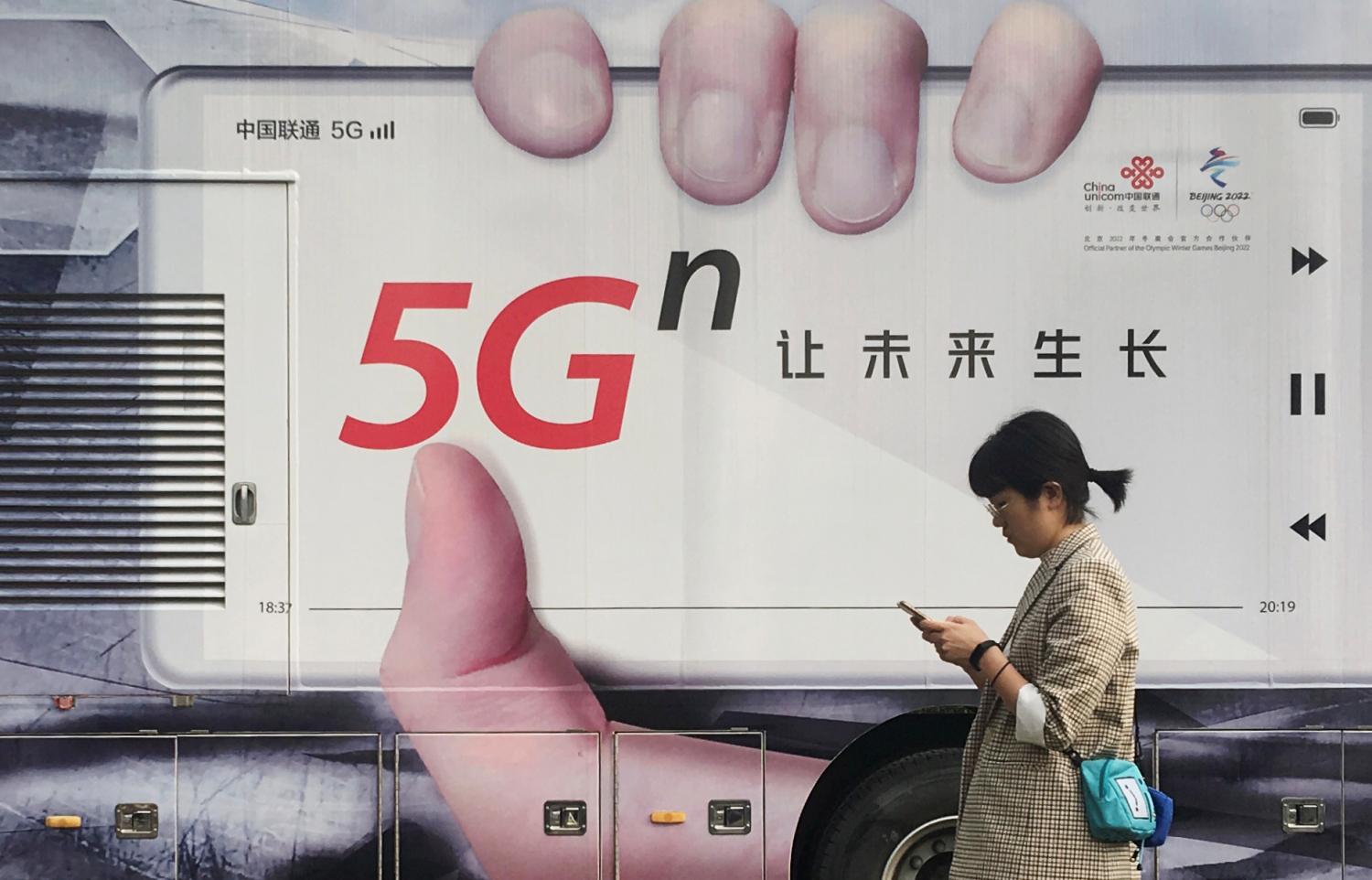4G wireless communication -- compared with 3G and 2G -- has delivered huge gains in performance in the past decade. Heading into the next decade, 5G will build on this with not only evolutionary growth in bandwidth, but also better use of wireless spectrum.
Improved connection reliability will not only improve existing applications, but also provide flexibility and innovation space for new ones, according to Mediatek, a Taiwanese semiconductor producer.
This flexibility is essential, and a core part of 5G specifications, which cover enhanced mobile broadband, ultra-reliable low latency communication and space for billions of connections via massive machine type communications. The potential will emerge for new apps and services to grow without any worries about limitations.
This isn't just an idle boast. Already we have thousands of mobile-first services that didn't exist prior to 4G smartphones. In a world of smartphone ubiquity, 5G will yield another flurry of new and innovative services, experiences and investments.
How will 5G improve our lives and what kinds of new opportunities can we expect? Let's look at a few examples.
Smart cities: Building smarter cities can provide a wealth of benefits based on "operational intelligence", or services that react to the real world, rather than just being fixed in place.
Sensors and cameras will do the bulk of the data gathering, and then cellular connectivity will relay it to a cloud service for collection and digestion. Billions of devices are expected to join the Internet of Things (IoT), most of which will require some form of remote connection capacity that will rely on cellular rather than unlicensed bands.
Narrowband IoT is projected to become the most popular low-power wide area network within the next two years. It reuses 2G cellular spectrum in countries that have retired 2G services, or it can use the inter-band space of 4G LTE.
Lightning-fast home broadband: A big market opportunity for 5G lies not in mobile devices but in replacing your home broadband. Fixed wireless access essentially involves a device you plug in anywhere at home that converts a super-fast 5G connection into a home WiFi/Ethernet. This gives all your WiFi-only devices -- laptops, tablets, smart TV, smart appliances, doorbells, security cameras, gaming consoles -- the benefits of the multi-gigabit bandwidth 5G offers.
This replaces the need to replace copper wiring with fibre to every house, saving significant infrastructure cost, and also frees the home user to put a 5G-enabled router just about anywhere, instead of within a wire's reach of a landline. The boost in home internet performance will be substantial.
For remote villages or developing countries where internet services are sparse or difficult to wire, it could be the gateway to internet availability for the very first time.
Internet of Vehicles and beyond: Some vehicles today include cellular connections, but usage is limited to basic apps such as maps, music or emergency calls. New services in vehicles could include entertainment (4K movies, TV, music), internet, ticket sales and advertising (buses, coaches and trains), or increasing levels of autonomy.
Public WiFi is typically slow and spotty, yet it is essential for tourists or WiFi-only device users, so this service certainly has growth potential. With vehicles competing for cellular space alongside smartphones, the greater spectral efficiency of 5G will certainly provide capacity to meet this growth.
Autonomous vehicles, meanwhile, will require ultra-reliable, low-latency connectivity, which won't be available in the first few years of 5G. Discussions have only just begun on the vehicle-to-everything standards that will be needed.
Game streaming: 5G is designed to be application-variable between extreme bandwidth, ultra-low latency and massive connectivity. Gaming on smartphones has recently exploded in popularity with games including Fortnite becoming an international hit. However, instead of rendering the game on the smartphone itself, game streaming services do the heavy lifting remotely and stream the display output to devices instead.
This reduces the pressure on the smartphone, while simultaneously opening up many lower-performance smartphones, or even other devices like smart TVs, to be able to play games with high-end graphics.
As games are extremely latency-sensitive -- the user button press has to be acted on within a few milliseconds -- having the ability to make wireless connection ultra-responsive is literally a game changer. The big investments being made in this space by companies such as Google, EA, Microsoft and Sony tell us this technology is a hot property.
Better connection reliability: 5G enables much better spectral efficiency. If you're out anywhere where there are a lot of people (and their smartphones) -- in shopping malls, airports, train stations, sports stadiums -- this is a real advantage.
Growth of remote interactions: The remote service model offers real potential for services such as tele-education, tele-health, remote office work and industrial robotics. Tele-health provides several applications such as medical services for at-home patients, reducing the burden on hospitals.

